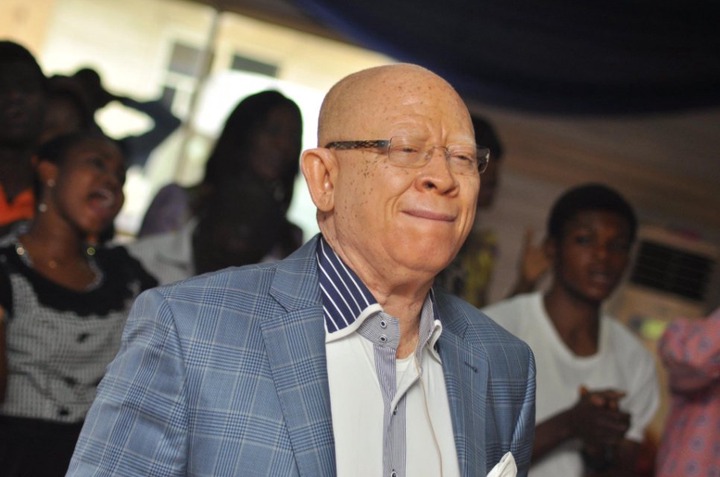The Chief Executive Officer of TAF Africa and founder of the Albino Foundation, Jake Epelle, has warned that appointing former INEC chairman Mahmood Yakubu as an ambassador could have negative consequences for Nigeria’s diplomatic relations, especially with Western nations.
Epelle warned that posting Mahmoud to countries like the United States would be “a disaster,” arguing that some Western nations view him as unfriendly to democratic processes..Full content / Read original.

